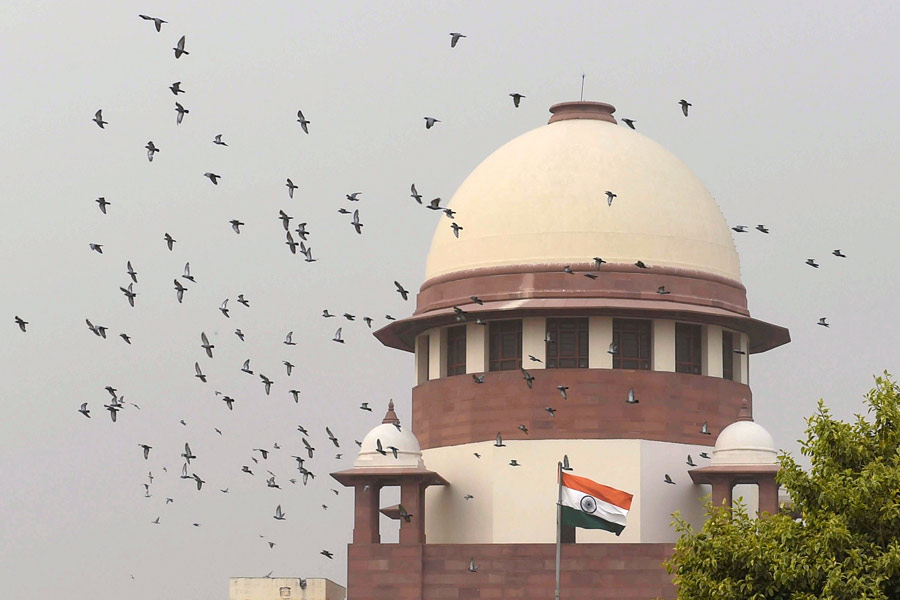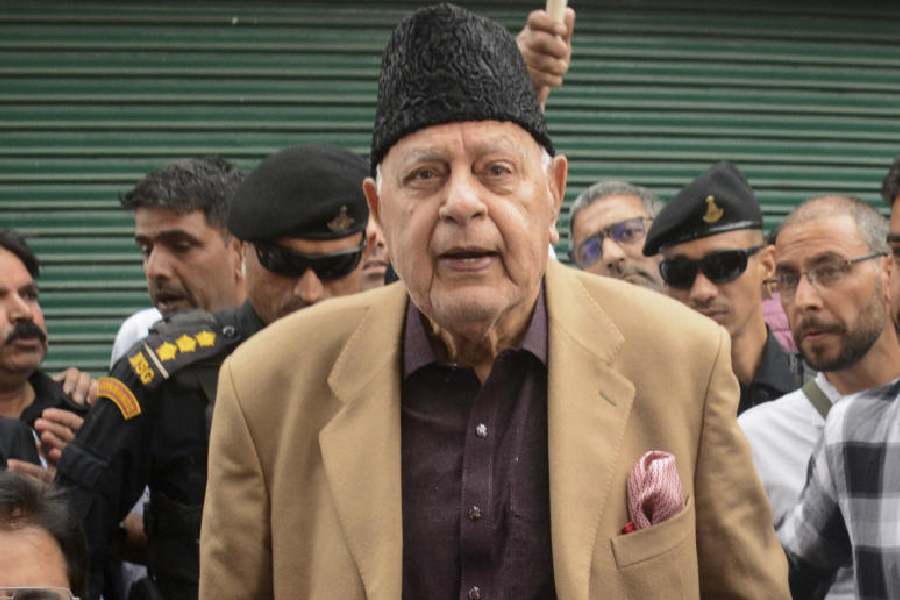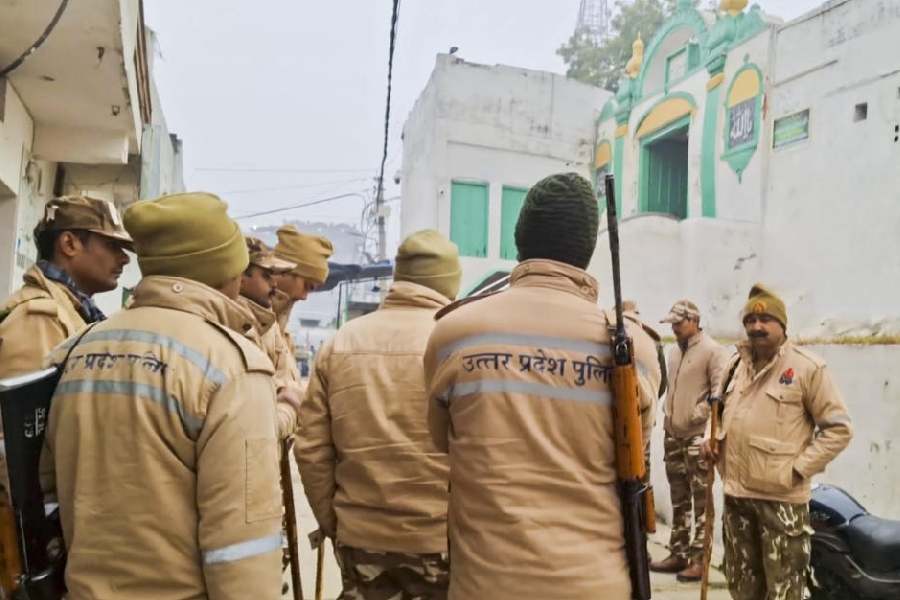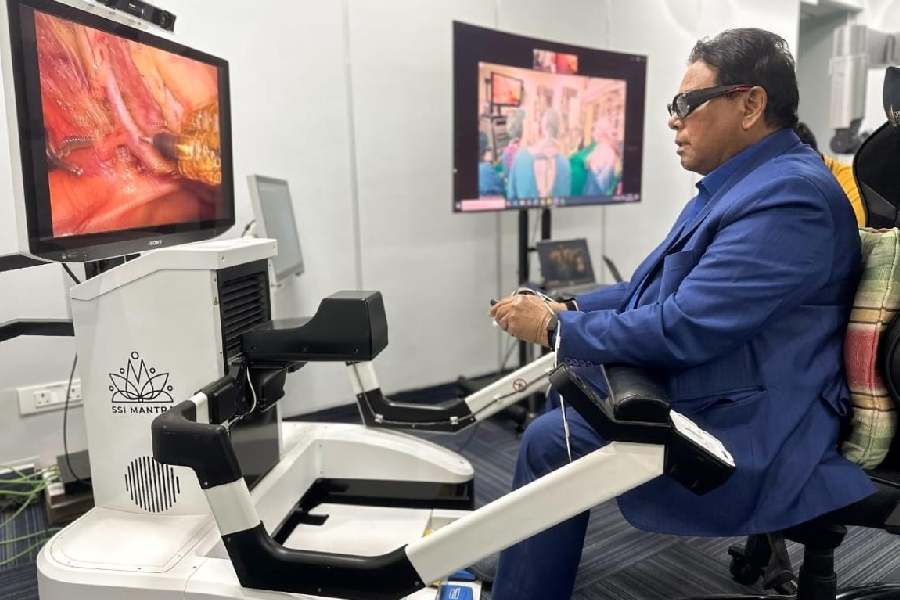The Supreme Court has rechristened its traditional summer vacations as "partial court working days".
The change assumes significance in the wake of the recent criticism from various quarters that the top court enjoys long breaks.
The development was a part of an amendment in Supreme Court Rules, 2013, which have now become Supreme Court (Second Amendment) Rules, 2024, notified on November 5.
"The length of the partial court working days and the number of holidays for the court and the offices of the court shall be such as may be fixed by the Chief Justice and notified in the official gazette so as not to exceed ninety-five days excluding Sundays," read the notification.
It further stated that the Chief Justice may appoint one or more judges to hear during partial court working days or holidays, all admissions, after notice, regular matters of urgent nature or such other matters "as the Chief Justice may direct".
The existing system had the Supreme Court taking the summer and winter breaks each year. The apex court, however, was not fully closed during these periods. During summers, "vacation benches" were set up by the Chief Justice to hear important and urgent matters.
Notably, the term "vacation judge" has now been replaced with "judge" in the newly-amended rules.
According to the recently-published 2025 Supreme Court calendar, partial court working days would start from May 26, 2025 and end on July 14, 2025.
Chief Justice D Y Chandrachud had asserted that judges remained dedicated to their work even during vacations.
"Judges are not gallivanting or goofing off during vacations. They are deeply committed to their work, even on weekends, often attending functions, visiting high courts, or engaging in legal-aid work," he had remarked at an event.
In May, a top court bench of Justices B R Gavai and Sandeep Mehta said people criticising the apex court over long vacations did not understand that judges didn't have holidays even on weekends.
The apex court's view was prompted by Solicitor General Tushar Mehta sharing a similar sentiment.
"All those who criticise that Supreme Court and high courts are on long vacations, they don't know how judges work," Mehta said when the court was hearing a lawsuit filed by the West Bengal government accusing the CBI of going ahead with its probe without securing the prerequisite state nod.
"People who criticise, don't understand that we don't have holidays on Saturdays and Sundays. There are other assignments, conferences," remarked Justice Gavai.
The long summer breaks in the apex court were a part of the colonial era. During the British rule, judges who were unable to handle the summer heat would sail back to England or mountains, only to return during the monsoon.
Except for the headline, this story has not been edited by The Telegraph Online staff and has been published from a syndicated feed.











